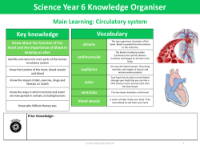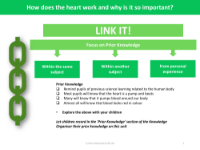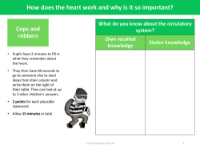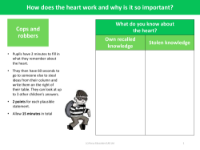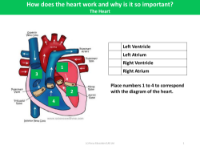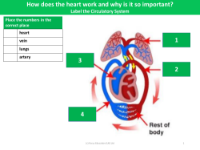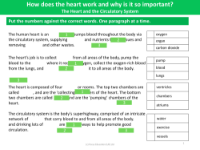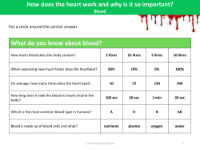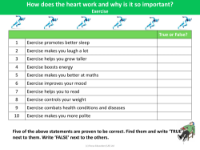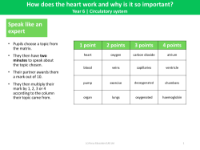Match up - Drugs
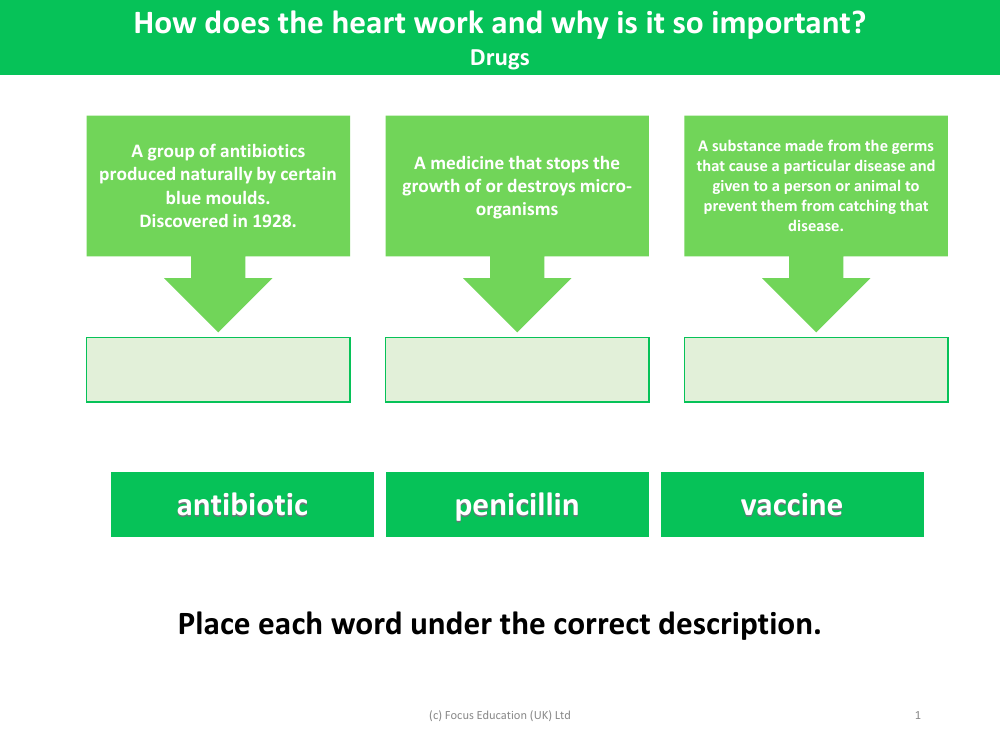
Science Resource Description
A group of antibiotics produced naturally by certain blue moulds, discovered in 1928, is known as penicillin. These antibiotics have played a crucial role in the treatment of bacterial infections and have saved countless lives since their discovery. Penicillin is derived from the Penicillium mould and was a groundbreaking development in medical science, marking the beginning of the modern antibiotic era.
An antibiotic is a medicine that stops the growth of or destroys micro-organisms. Antibiotics are powerful drugs that are used to fight bacterial infections in humans and animals. They work by either killing bacteria or inhibiting their growth, but they do not work against viral infections. The term 'antibiotic' encompasses a wide range of drugs beyond penicillin, including many synthetic and semi-synthetic compounds.
A vaccine is a substance made from the germs that cause a particular disease and is given to a person or animal to prevent them from catching that disease. Vaccines stimulate the immune system to recognize and combat pathogens, either viruses or bacteria. By introducing a harmless component of the disease-causing microbe, the body's immune response is triggered, providing protection against future infections.
Match up:
- Penicillin: A group of antibiotics produced naturally by certain blue moulds, discovered in 1928.
- Antibiotic: A medicine that stops the growth of or destroys micro-organisms.
- Vaccine: A substance made from the germs that cause a particular disease and given to a person or animal to prevent them from catching that disease.

